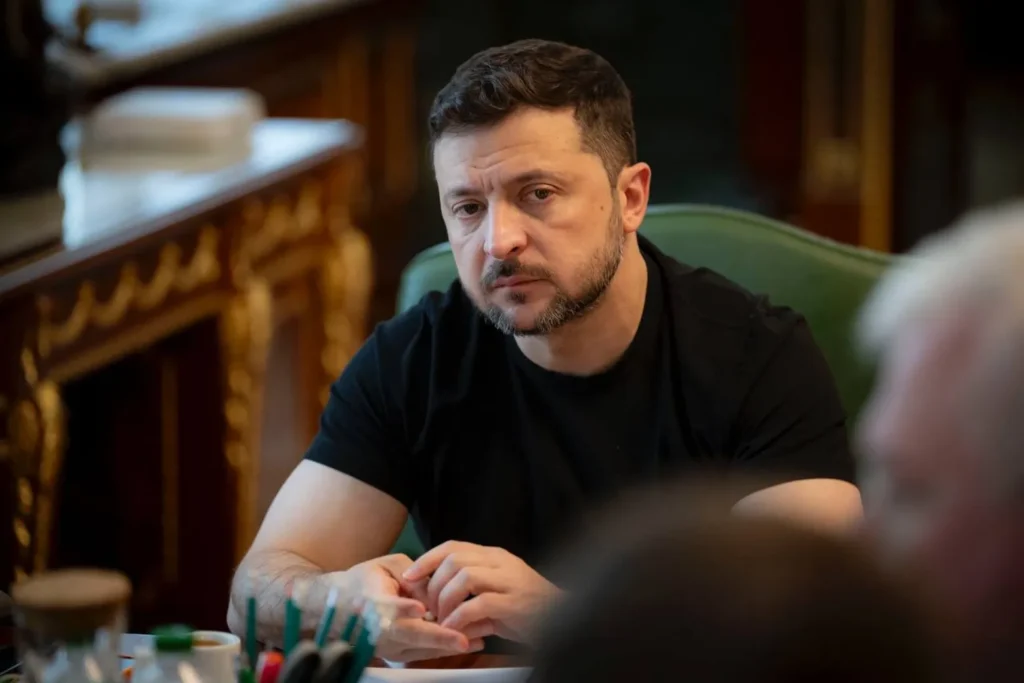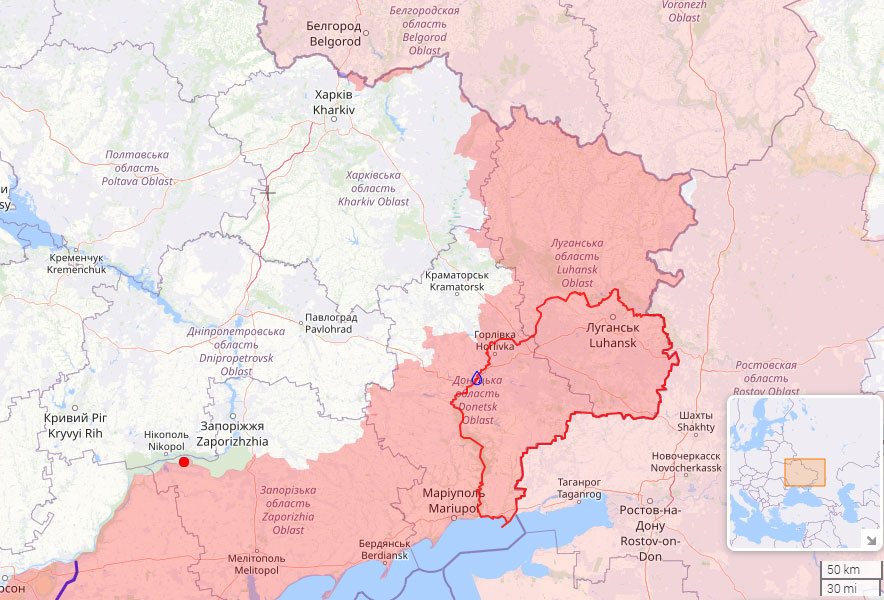Russia seeks entire Donbas in exchange for ceasefire promises, Zelenskyy says it would take them four years to occupy it

Zelenskyy told reporters on 21 August that Russia has captured only a third of Donetsk Oblast since launching its full-scale invasion in 2022. He added that Moscow would need four more years to take the rest of the Donbas by force.
Russia holds about two-thirds of Donetsk Oblast, but most of it since 2014
Liga reports that Zelenskyy’s comments came during a press meeting. Before discussing Ukraine’s position, Zelenskyy said it is necessary to understand Russia’s intentions. Using Donetsk Oblast as an example, he said he explained the situation during his meeting with US President Donald Trump. According to Zelenskyy, Russia did not seize 69% of Donetsk Oblast after February 2022, as claimed in some assessments, but only about one-third.

Map source: Liveuamap
He clarified that Russian forces currently control around 67–69% of Donetsk Oblast. That includes territory Russia had already occupied before 2022. Nearly four years of full-scale war produced only marginal gains in the oblast, he said.
Zelenskyy dismissed speculation that Russian troops could take the rest of Donbas by the end of this year. He called such talk baseless and said the Kremlin would need four years more to achieve that objective.
On 12 August, Zelenskyy stated that Ukraine’s defense forces would not pull back from Donbas.